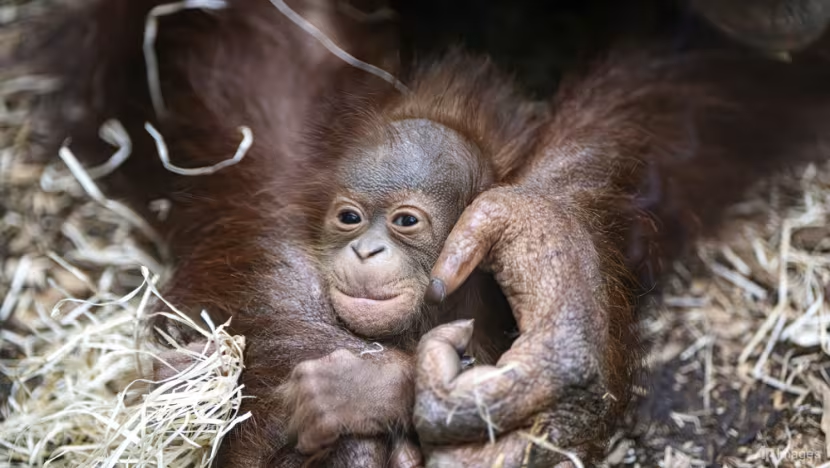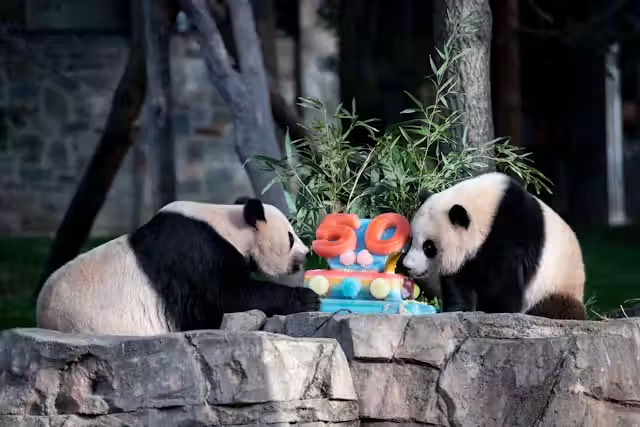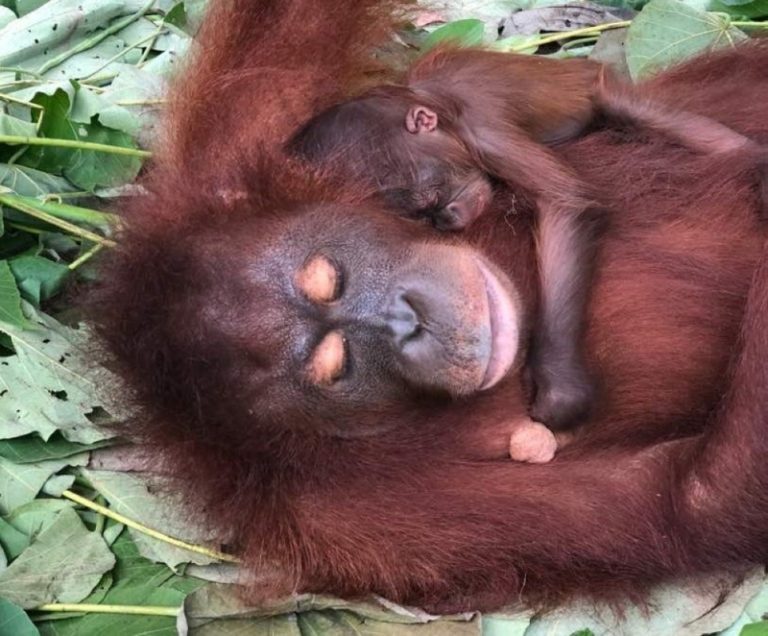The ill-advised plan, which would have sent the endangered primates to the country’s economic contributors as ‘gifts,’ drew condemnation from many.
In June 2024, Malaysia announced a plan to gift orangutans to key economic partners in a diplomatic strategy dubbed “orangutan diplomacy.” The proposal, confirmed by Plantation and Commodities Minister Datuk Seri Johari Abdul Ghani, aimed to improve Malaysia’s international image and strengthen alliances amidst growing concerns about deforestation and its impact on wildlife, particularly orangutans. This announcement came shortly after the European Union imposed restrictions on palm oil imports from deforested areas, a move that threatened Malaysia’s palm oil industry.
Orangutans, found only in Malaysia and Indonesia, are critically endangered, with their population declining due to poaching, illegal trade, and most significantly, palm oil-induced deforestation. The World Wide Fund for Nature (WWF) reports that the orangutan population has halved in the last century, now standing at less than 105,000 in Borneo. The palm oil industry, a significant contributor to Malaysia’s GDP, has long been criticised for its role in destroying orangutan habitats.

The plan to send orangutans abroad, particularly as ‘gifts’ in exchange for economic contributions, sparked widespread criticism from many quarters. Stuart Pimm, a conservation ecologist from Duke University, described the move as “obscene” and “repugnant,” pointing out that, unlike China’s pandas (that scheme outlined below), orangutans lack the same level of protection and facilities in their native habitat. Other critics argued that the plan risked further harming Malaysia’s international reputation and could undermine conservation efforts if not backed by a robust wildlife protection strategy.
Malaysia’s palm oil industry is economically vital, contributing 5% to the nation’s GDP in 2022. The commodity is widely used in everyday products, from cooking oil to cosmetics, and Malaysia is the world’s second-largest producer of palm oil. Despite its economic importance, the industry faces increasing scrutiny over its environmental impact, particularly from the European Union’s recent ban on imports linked to deforestation.

Orangutan diplomacy drew inspiration from China’s successful panda diplomacy, a strategy that has helped Beijing build alliances and promote conservation efforts globally. China’s panda programme, which dates back to the Tang Dynasty, gained international prominence in the 1970s and has since been instrumental in conservation efforts, with giant pandas now no longer classified as endangered.
However, critics noted significant differences between the two strategies. China loans its pandas rather than gifting them, and the programme is closely linked to robust conservation initiatives, unlike Malaysia’s proposal, which some critics said was essentially using the highly intelligent and critically endangered primates as little more than bribes or token gifts.
CHANGING COURSE
In mid-August 2024, Malaysia revised its approach to orangutan diplomacy in response to the backlash. The new plan, as announced by Minister Johari, allows companies that import palm oil to “adopt” orangutans, but the animals will remain in their natural habitats in Malaysia.
The minister also pledged to halt deforestation, ensuring that Malaysia’s forest cover would not fall below 50%. This revised strategy shifts the focus from gifting orangutans to encouraging corporate responsibility and conservation partnerships.
Johari announced the revised plan during a press conference in Sabah, northern Borneo, where he emphasized the importance of keeping orangutans in their rainforest home. “The animals cannot leave their natural habitats. We have to keep them here,” he stated, adding that the programme would involve collaboration with palm oil-importing countries to preserve Malaysia’s forests.
Under this new plan, funds raised from the adoption scheme will be channelled to non-governmental organisations (NGOs) and the Sabah government to monitor and protect the forested areas where orangutans live.
Although the details on the adoption costs were not disclosed, the funds are expected to support habitat conservation work, such as creating corridors between fragmented forests to ensure viable wildlife populations.
Marc Ancrenaz, scientific director of the NGO Hutan, expressed cautious optimism about the revised plan. He noted that while the adoption scheme could provide much-needed funding for conservation efforts, the success of the programme would depend on its implementation and a meaningful commitment to protecting orangutan habitats.
MALAYSIA PRESSED TO ‘DO BETTER’
The EU’s import ban on commodities linked to deforestation has put Malaysia’s palm oil industry under intense pressure to adopt more sustainable practices. In response, the Malaysian government’s revised orangutan diplomacy plan represents an effort to balance economic interests with environmental responsibility. By keeping orangutans in Malaysia and focusing on habitat preservation, the government aims to address international concerns while maintaining its vital palm oil exports.
As Malaysia moves forward with this revised approach, the success of orangutan diplomacy will likely depend on the effective collaboration between the government, conservation groups, and palm oil importers. The shift from gifting orangutans to promoting corporate adoption and habitat conservation marks a significant change in strategy, reflecting the complexities of balancing economic development with wildlife protection.


